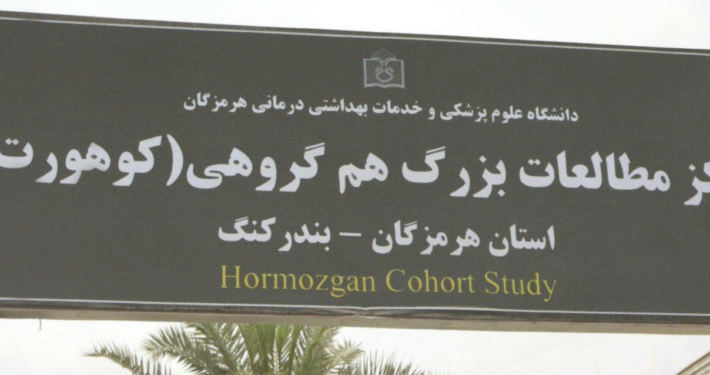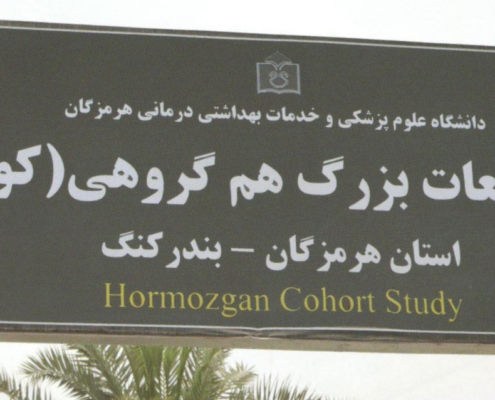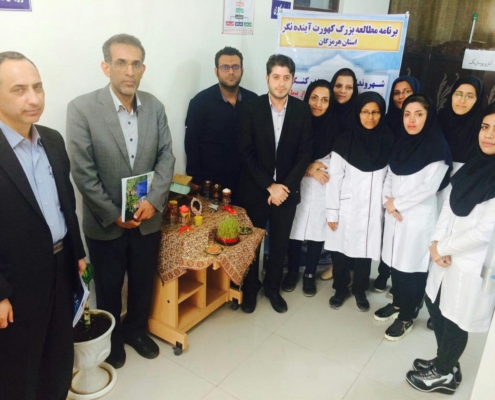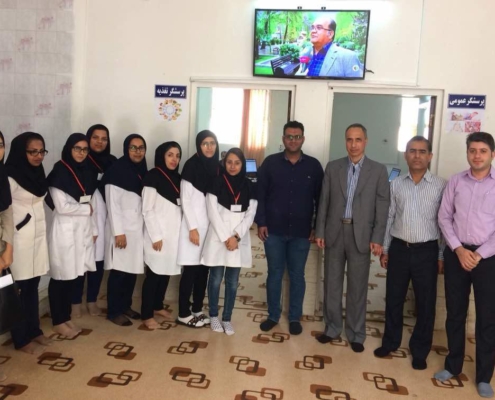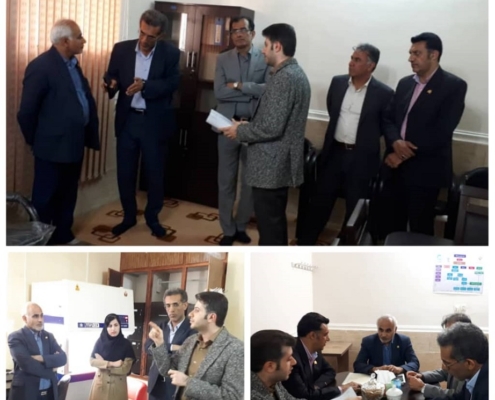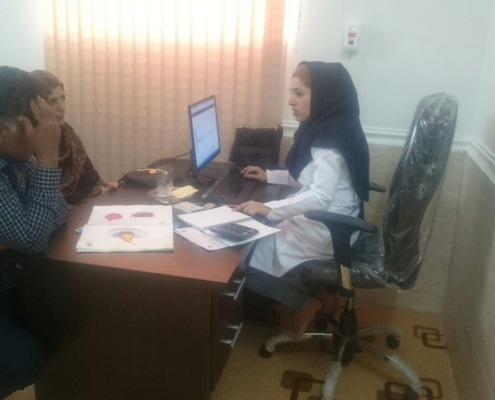Principal Investigator:
Azim Nejatizadeh, MD, PhD
Professor of Human Genetics, Department of Medical Genetics, School of Medicine, Molecular Medicine Research Center, Research Institute for Health, Hormozgan University of Medical Sciences.
Approval date
2015
Starting date
November 2016
Goals
1. To determine the incidence and prevalence of the risk factors and non-communicable diseases in adults, particularly cardiovascular disorders, chronic renal and liver disorders, diabetes, cancers.
2. To design intervention studies to determine the effect size of the interventions in order to reduce burden of NCDs as primary and secondary prevention plans.
Study population
All adults aged 35-70 years living in Kong City.
Sampling method and sample size
All the adults aged 35-70 years, approximately 5000 males and females who are the resident of Kong City would be participated in the study.
Data Collection
The recognized subjects were invited and explained the circumstances by cohort stuff one week before. Using computerized structured questionnaire and face-to-face interview, data collection including demographic and socio-economic variables, FFQ, personal, family and past medical history, anthropometric measurements, medical physical exam as well as biological sampling including blood, urine, nails and hair are carried out. The specimens are stored in -20°c , -70°c until use.
Follow up Methods
Annual follow-up by phone is performed for mild to moderate disease occurrences, which are managed in clinics and OPD. In case of unavailability to the enrolled subjects or severe diseases occurred and/or death, cohort staff will follow the case at the located residence to inquire the status and collect the needful data.
Main Exposures
Main exposures for each participant were collected and recorded online through three general, nutritional and medical questionnaires and generally include the following: Demographic information (age, gender, socioeconomic status and job history, level of education),Life style, animal contact history, history of used fuel type, exposure to pesticides, physical activity and sleep status, frequency of feed intake and food habits, supplements consumption and amount of water used, History of diseases, reproductive history, evaluation of personal habits (alcohol and cigarettes), physical and oral examinations, measurements of anthropometric indices and blood pressure, pulse, biochemical and hematological measerments.
Outcomes
death (cause-specific death) and major non-communicable disease including cardiovascular risk factors and heart disease (such as hypertensive disease, myocardial infarction and ischemic heart diseases), cerebrovascular accidents (CVA, Stroke), cancers, diabetes mellitus, asthma , chronic obstructive pulmonary disease, pulmonary emphysema, kidney diseases that lead to dialysis, liver and gastrointestinal diseases like liver cirrhosis and trend of risk factors.
Cohort Study
\\Questionnaires
questionnaire
//Data Dictionary
PERSIAN-Cohort-Data-Dictionary
//BANDARE KONG COHORT STUDY Staff
Staff
2015
2016
Enrolment phase
2016
2018
Follow-up phase
2021
Re-assessment phase
2021

 Bandare Kong Cohort Study
Bandare Kong Cohort Study 

